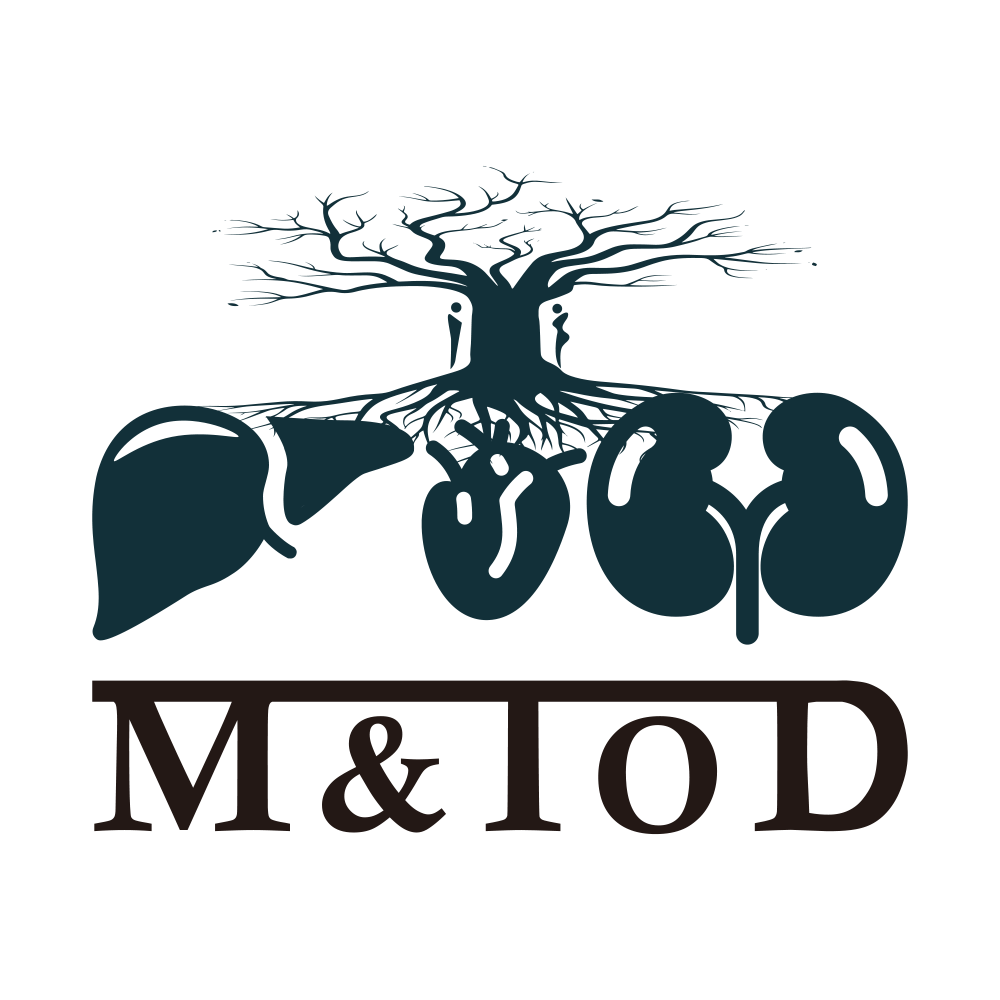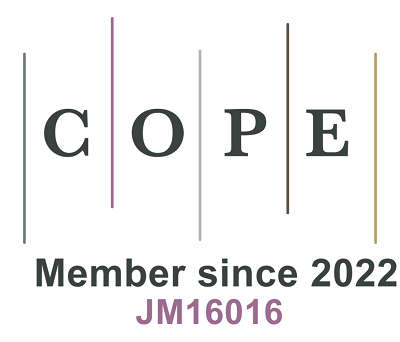Special Interview with Prof. Jean-François Dufour on the Evolving Landscape of Liver Disease and Therapeutics
On July 22, 2025, Metabolism and Target Organ Damage (M&TOD) had the honor of conducting an in-depth academic interview with Prof. Jean-François Dufour, a leading expert in hepatology. Prof. Dufour serves as President of both the Swiss NASH Foundation and the Swiss Foundation Against Liver Cancer. He is also a founding member of the International Liver Cancer Association. The interview, moderated by M&TOD’s Editor-in-Chief Prof. Amedeo Lonardo, explored emerging research topics in metabolic-associated liver disease (MASLD), liver fibrosis, hepatocellular carcinoma (HCC), and novel therapeutic strategies.
In the interview, Prof. Dufour highlighted key advancements in the understanding and treatment of MASLD and HCC. He discussed the therapeutic potential of targeting mitochondrial energy metabolism and noted the encouraging outlook for copper-based therapies in MASLD, despite the current lack of approved drugs. He also emphasized the role of biomarkers such as FIB-4 in diagnosing liver fibrosis, while cautioning that their interpretation may vary across specific patient groups. Prof. Dufour further addressed the complex relationship between viral hepatitis and metabolic liver disease, underscoring the importance of managing both conditions in parallel. He noted the rising global prevalence of MASLD-related HCC and advocated for early surveillance in high-risk individuals.
Regarding liver transplantation, he shared findings suggesting that statin use may improve patient survival, although the exact mechanisms remain unclear. In addition, he underscored the protective effect of physical activity in reducing HCC risk, particularly among patients with cirrhosis. The interview concluded with his reflections on the value of high-quality, original scientific contributions in elevating the impact and reputation of academic journals.
This conversation provided a comprehensive overview of key issues in liver disease research and highlighted Prof. Dufour’s deep expertise and forward-looking perspective in hepatology. M&TOD remains committed to facilitating high-level academic discussions, fostering international collaboration, and advancing knowledge in this vital area of medicine.
Interview Questions:
Your group, together with others, has identified several altered metabolic pathways in MASLD, including triglyceride and bile acid biosynthesis, fatty acid beta-oxidation, cholesterol metabolism, and oxidative phosphorylation, along with reduced mitochondrial bioenergetic function (PMID: 38443644). How can this line of research be translated into therapeutic strategies?
In clinical practice, non-invasive biomarkers such as FIB-4 and liver stiffness measurement (LSM) are commonly used to assess liver fibrosis (PMID: 39865358; PMID: 36958367). To what extent are these biomarkers influenced by factors such as age, sex, or concurrent type 2 diabetes?
Your group has conducted extensive work on chronic hepatitis B and C virus infections (PMID: 37410921; PMID: 35960770), both of which are known to affect host metabolism (PMID: 27688657; PMID: 24966582). Could you briefly discuss how HBV and HCV interact differently with steatotic liver disease?
With the decline in chronic viral hepatitis and the concurrent rise in metabolic disorders, MASLD-related HCC is becoming increasing prevalent and is projected to continue rising globally (DOI: 10.1177/20420188231160389). In light of this trend, should patients with MASLD undergo regular surveillance for early HCC detection?
A recent study by your group reported an association between statin use and improved survival following liver transplantation (DOI: 10.1111/apt.17192). What are the potential mechanisms behind this observation?
You have also shown that modifiable metabolic risk factors and lifestyle are associated with all‑cause mortality in HCC patients (PMID: 38965260). Could you comment on the clinical relevance of these findings?
Some journals seek to boost their impact factor by publishing multi-authored position papers and reviews that tend to garner high citation counts. Do you consider this a valuable strategy for enhancing a journal’s academic influence?
Personal Introduction:

Prof. Jean-François Dufour is a distinguished hepatologist with an illustrious career spanning basic, translational, and clinical research in liver diseases. He earned his medical degree from the Geneva Medical School following initial studies in mathematics at the University of Geneva, Switzerland. After completing his internal medicine training at the University Hospitals of Geneva and Bern, he pursued research in Prof. I. Arias's laboratory at Tufts University, USA, focusing on calcium signaling in bile canaliculus function.
He later resumed clinical training and completed a gastroenterology fellowship under Prof. M. Kaplan at the New England Medical Center, also at Tufts. In 1997, he established his own research laboratory at the University of Bern, where he also served as Clinical Director and Full Professor of Hepatology. Under his leadership, the Liver Unit became a nationally and internationally recognized center of excellence. From 2011 to 2021, he played a pivotal role in advancing the field of hepatology. He currently serves as Director of the Centre des Maladies Digestives in Lausanne.
Prof. Dufour is an active member of numerous international societies, including the American Association for the Study of Liver Diseases (AASLD), the European Association for the Study of the Liver (EASL), and the Swiss Society for Gastroenterology and Hepatology. A globally recognized expert in non-alcoholic steatohepatitis (NASH) and HCC, he is a founding member of the International Liver Cancer Association and has served on the EASL Governing Board as both a Scientific Committee Member and Educational Councillor. He has also contributed to the UEG Educational Committee.
He has led multiple clinical trials and investigations exploring the links between fatty liver, physical activity, and liver cancer. His laboratory continues to explore critical aspects of liver disease. Prof. Dufour has authored over 380 peer-reviewed papers. His editorial work includes contributions to journals such as Hepatology, Journal of Hepatology, GUT, and Liver International. He holds an H-index of 77 and is currently an Editorial Board member of Metabolism and Target Organ Damage (M&TOD).
In addition to his academic and clinical leadership, Prof. Dufour serves as President of the Swiss NASH Foundation and the Swiss Foundation against Liver Cancer. His contributions across research, clinical practice, and education have established him as one of the most respected voices in global hepatology.
Editor: Tilda Li
Language Editor: Catherine Yang
Production Editor: Ting Xu
Respectfully submitted by the Editorial Office of Metabolism and Target Organ Damage









